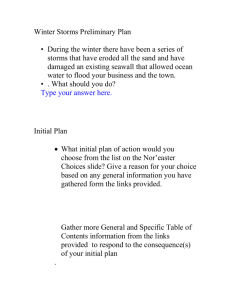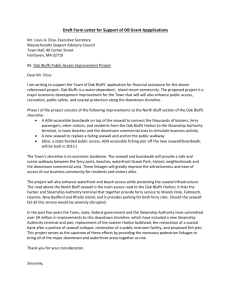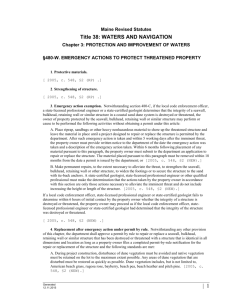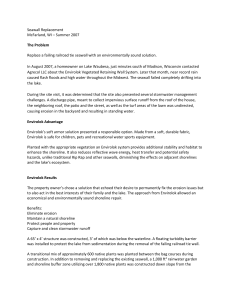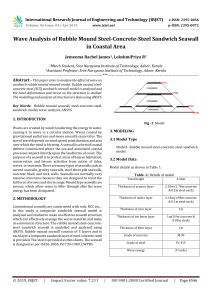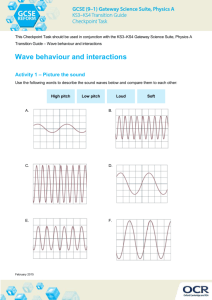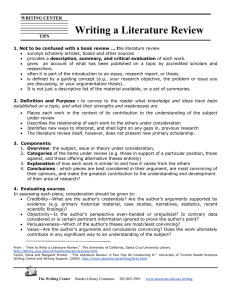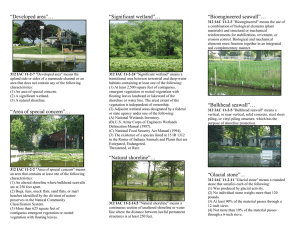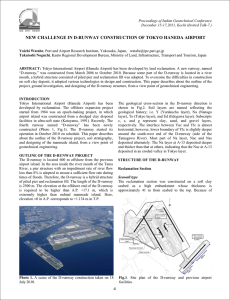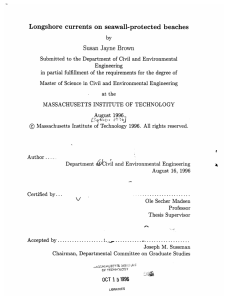Literature review
advertisement
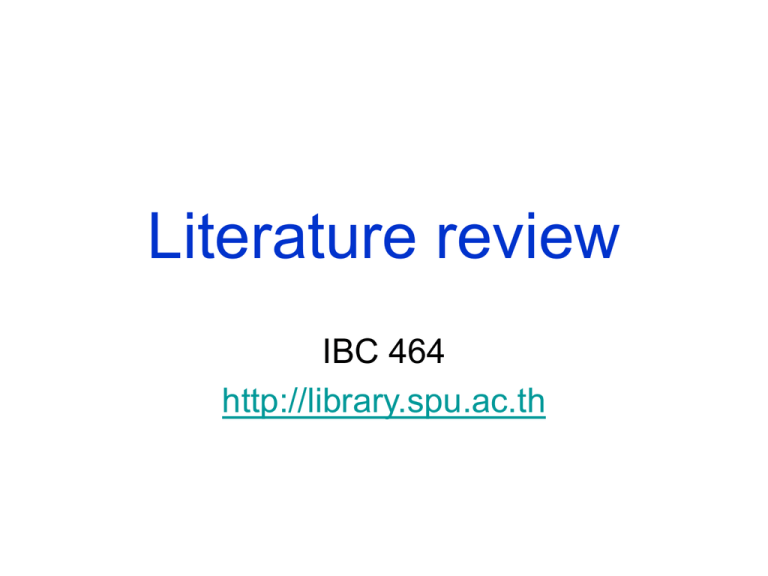
Literature review IBC 464 http://library.spu.ac.th Please answer these questions. • 1 What are the criteria to be most successful in business? • 2 Can business research help increase your business performance? How? How to write a literature review • What is a literature review? • A literature review is a survey and discussion of the literature in a given area of study. It is a concise overview of what has been studied, argued, and established about a topic, and it is usually organized chronologically or thematically. • A literature review is written in essay format. It is not an annotated bibliography, because it groups related works together and discusses trends and developments rather than focusing on one item at a time. It is not a summary; rather, it evaluates previous and current research in regard to how relevant and/or useful it is and how it relates to your own research. • http://www.smu.ca/administration/library/litrev.html • http://www.ssdd.uce.ac.uk/learner/New%20page.htm The literature review should: • A literature review is not a list describing or summarising one piece of literature after another. • The purpose of a literature review is: to demonstrate your ability to identify the relevant information and outline existing knowledge; identify the "gap" in the research that your work will address; produce a rationale or justifiction for your study. Research report articles vary in how they are organized, : • Abstract - Brief summary of the contents of the article • Introduction - A explanation of the purpose of the study, a statement of the research question(s) the study intends to address • Literature review - A critical assessment of the work done so far on this topic, to show how the current study relates to what has already been done • Methods - How the study was carried out (e.g. instruments or equipment, procedures, methods to gather and analyze data) • Results - What was found in the course of the study • Discussion - What do the results mean • Conclusion - State the conclusions and implications of the results, and discuss how it relates to the work reviewed in the literature review; also, point to directions for further work in the area • http://www.wesleyan.edu/libr/tut/litrev/thelitrev.html How useful are the following sources? • • • • • • • • • • • journal articles books conference proceedings government and corporate reports newspapers theses and dissertations Internet (electronic journals) CD-ROM Magazines http://library.spu.ac.th http://www.languages.ait.ac.th/EL21LIT.HTM • Literature review • Until recently many researchers have shown interest in the field of coastal erosion and the resulting beach profiles. They have carried out numerous laboratory experiments and field observations to illuminate the darkness of this field. Their findings and suggestions are reviewed here. • JACHOWSKI (1964) developed a model investigation conducted on the interlocking precast concrete block seawall. After a result of a survey of damages caused by the severe storm at the coast of USA, a new and especially shaped concrete block was developed for use in shore protection. This block was designed to be used in a revetment type seawall that would be both durable and economical as well as reduce wave run-up and overtopping, and scour at its base or toe. It was proved that effective shore protection could be designed utilizing these units. • HOM-MA and HORIKAWA (1964) studied waves forces acting on the seawall which was located inside the surf zone. On the basis of the experimental results conducted to measure waves forces against a vertical wall, the authors proposed an empirical formula of wave pressure distribution on a seawall. The computed results obtained by using the above formula were compared well with the field data of wave pressure on a vertical wall. • http://www.languages.ait.ac.th/EL21LIT.HTM • http://www.scribd.com/doc/63957/How-to-write-Consistently-Boring-ScientificLiterature?query2=how+to+write+review+of+related+literature • References • Arnaudet, M.L. & Barrett, M.E. (1984). Approaches to Academic Reading and Writing. Englewood Cliffs, NJ.: Prentice Hall Regents. • Babbie, E.R. (1991). The Practice of Social Research. Belmont: Wadsworth • Bouma, G. D. (1996). The Research Process. Melbourne: Oxford University Press. • Clegg, C.S. (1988). Critical Reading and Writing Across the Disciplines. New York: Holt, Rinehart & Winston. • Sample of a literature review • http://www.d.umn.edu/~sjanssen/samplelitreview.htm • Advantages and disadvantages of Interviews and Questionaires. • Paper is given in class • Measures from marketing research • Descriptive statistics • Paper is given in class References • Sekaran,U.(2000) Research Methods for Business. N.Y.:John Wileys&Sons. • http://www.gwu.edu/%7Elitrev/
